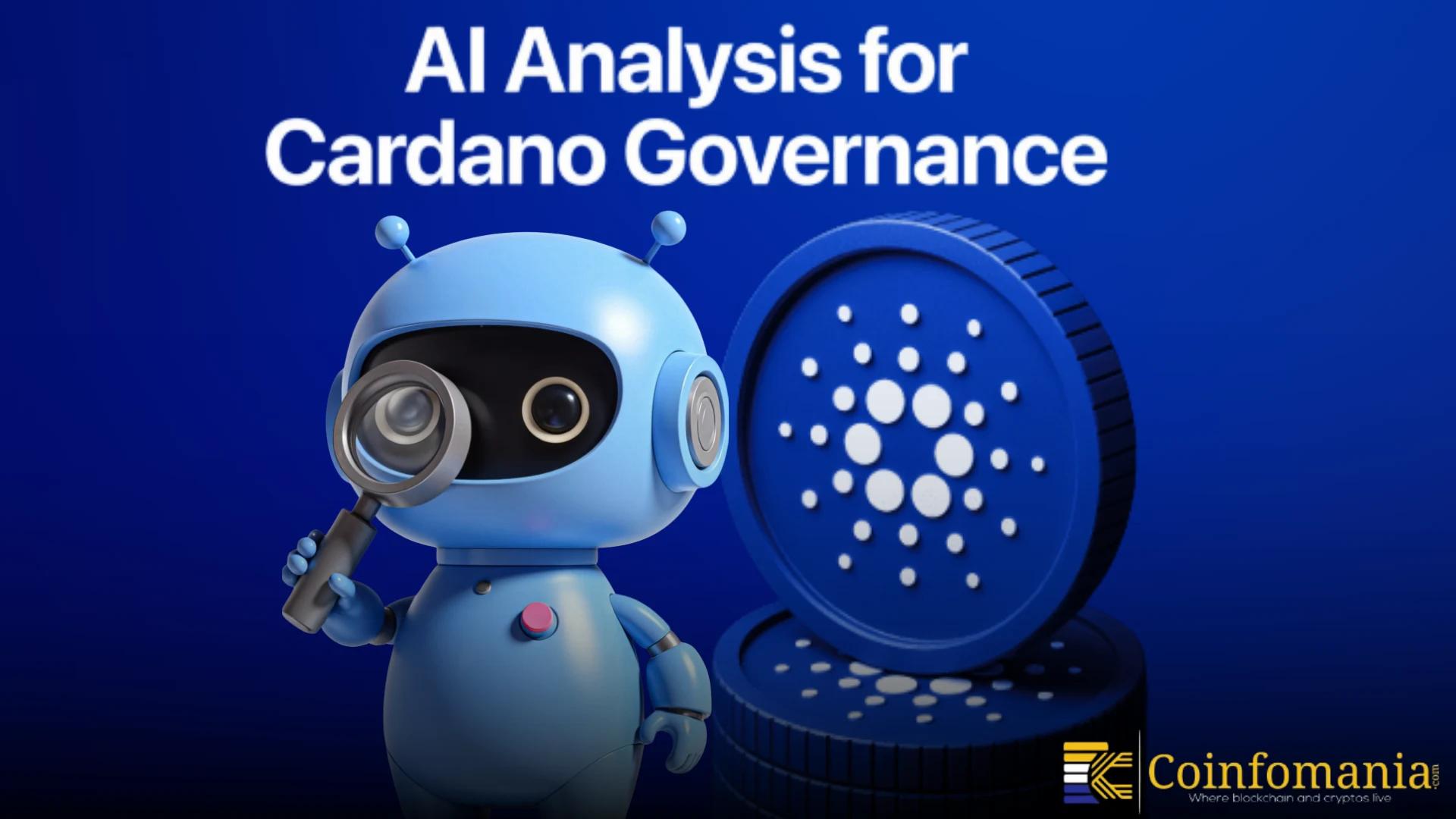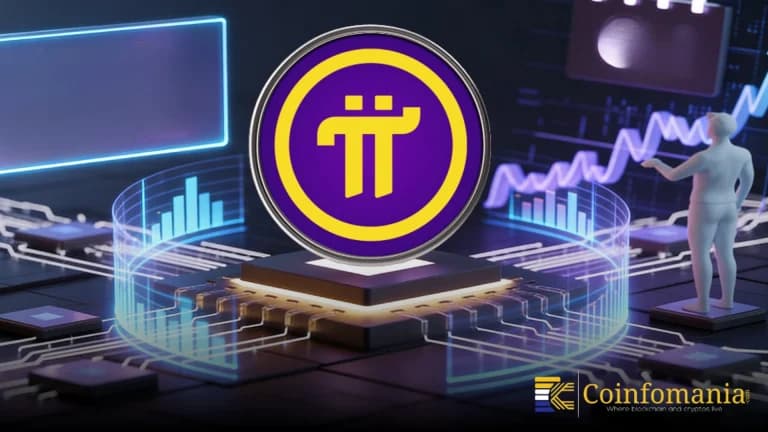Cardano Proposal Examiner AI Agent to Automate Governance
Cardano debuts an AI agent to speed up governance proposal reviews, cutting 50+ hour workloads to minutes under its CIP-1694 system.

Quick Take
Summary is AI generated, newsroom reviewed.
Cardano launches an AI Proposal Examiner to reduce governance review times from 50+ hours to minutes.
Developed by GriffinAI with the Cardano Foundation under the CIP-1694 governance model.
Cardano governance processed 75 proposals this year, creating significant manual strain.
The AI analyzes constitution alignment, risks, and proposal summaries.
Tool assists governance members but does not replace human decision-making.
This has led Cardano to have a substantial workload in terms of governance, and in 2025, a new AI-based Proposal Examiner developed by GriffinAI with the Cardano Foundation was introduced. The tool will minimize the excessive time that members of the Constitutional Committee will spend in going through proposals in the CIP-1694 governance model. According to GriffinAI, reviewers take over 50 hours on average to review one submission, which has become a time-consuming factor to a burgeoning concern in the ecosystem.
The system works through automation of document breakdowns, constitutional checks, impact analyses, and high level summaries so that members of the governance can cease focusing on reading the manuals and focus their attention on strategic decisions.
Need to automate due to governance Under CIP-1694
The Voltaire phase of Cardano officially started the decentralized governance setup in 2025 putting big responsibility on the first fully elected Constitutional Committee. The CIP-1694 standard, proposes stringent requirements of the assessment of proposals, constitutional adjustment, and the validation of the community. But with a rise in the number of proposals, the amount of time one can spend manually examining them has become a structural bottleneck that impedes the advancement of ecosystems.
Information regarding the previous governance experiments such as Project Catalyst indicated that manual assessments were too slow and lacked consistency. These concerns have been enhanced by the high rates of proposals this year. According to analysts, decentralized governance can only be effective when the process of review is scalable as well as ecosystem participation. Procedural delays may also threaten community trust unless there is a greater level of efficiency. The tool reads proposals, marks the conflicts with the Constitution, recognizes the risk factors, and generates summaries.
Intelligent Robots
Although the tool has advanced functionality, the developers stated that the tool is not to substitute human governance. Instead, it is acting as an assistant to facilitate the workloads and make sure that the human reviewers are still in the final control. In their statement, GriffinAI said that removing a huge agentic bottleneck in governance is the objective, not leaving decision-making to automation.
The observers of the industry note that Cardano was not the only one to implement AI to govern blockchain. Multiple Ethereum-based DAOs currently apply machine learning tools to sort out proposals and locate disagreements with internal regulations. The Proposal Examiner could be a part of the long-term governance architecture at Cardano as the company enters the greater involvement levels. The ecosystem has now entered the phase of trial and error, and there are hopes that an increasing number of AI-based tools will find their way into the network.
References
Follow us on Google News
Get the latest crypto insights and updates.
Related Posts

Trump: Dow 100K by 2029… This Coin Could 20× Sooner
Triparna Baishnab
Author

Ethereum Just Broke $2,100! Is This the Start of the REAL Altseason Explosion
Triparna Baishnab
Author

Pi Network Starts Mainnet Upgrade v23 as Core Team Marks Moderator Day
Shweta Chakrawarty
Author